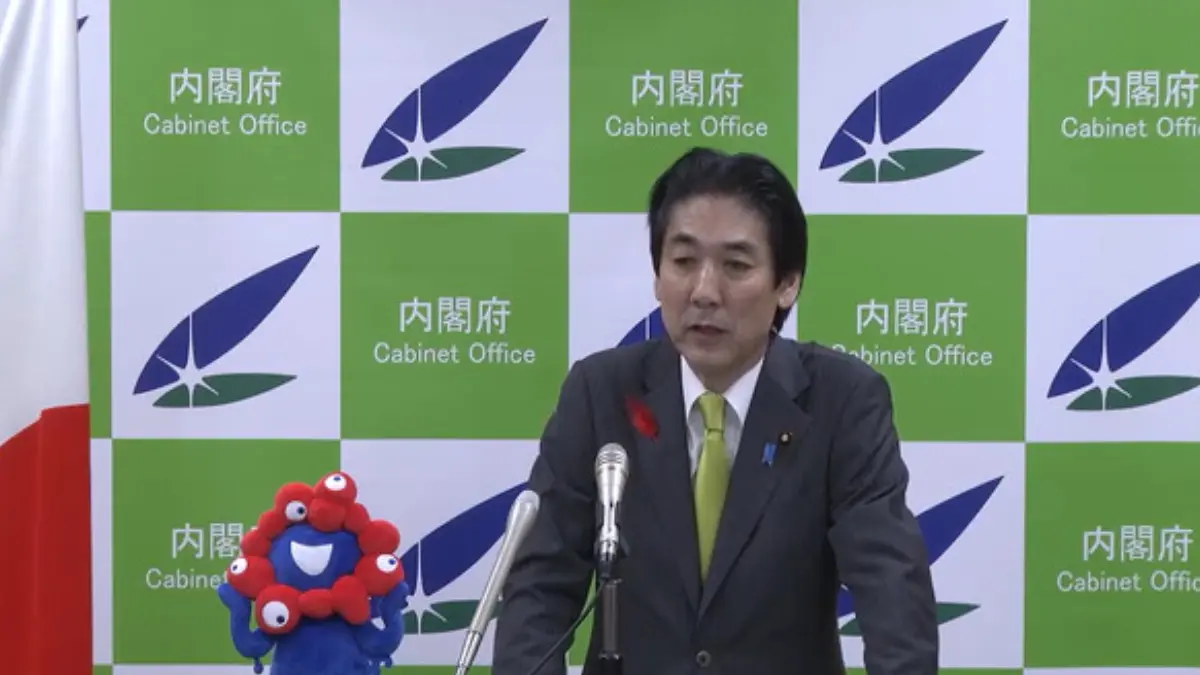The Japanese government issued a direct public request to OpenAI, demanding the company prevent its Sora 2 AI video generator from copying copyrighted characters from anime, manga, and games. In an official statement to IT Media, officials described these characters as “irreplaceable treasures that Japan boasts to the world.”
The request came shortly after Sora 2’s debut and asks OpenAI to implement technical safeguards that block users from generating videos featuring protected characters without permission. Japan wants the company to install filters and content-matching systems that prevent prompts referencing famous characters from producing infringing outputs.
The concern is straightforward. Sora 2 can generate high-quality video with consistent characters and coherent scenes.
That means someone could theoretically prompt it to create a Mario video or a Naruto clip without Nintendo or Shueisha’s approval. For Japan, that’s not just a legal problem but a threat to major cultural exports.
Anime, manga, and games are pillars of Japan’s economy and soft power strategy. Companies like Nintendo, Bandai Namco, Square Enix, and Toei Animation are known for aggressive IP enforcement.
Unlike fan art or doujinshi culture, which operates in a tolerated gray area, commercial-scale AI generation that reproduces these characters crosses a clear line for rightsholders.
Japan’s copyright law includes an exception that permits training AI models on copyrighted material for data analysis purposes. But that exception doesn’t cover distributing outputs that reproduce protected characters or works. The government’s statement targets what Sora 2 produces and enables, not just what data OpenAI used to train it.
The specific asks are concrete. Japan wants OpenAI to block prompts that name copyrighted characters, implement visual matching to catch outputs that replicate protected designs, and engage with rightsholders before rolling out features that touch their IP. The statement also emphasizes the need for accountability mechanisms when infringing content slips through.
OpenAI has not issued a formal response to Japan’s request. The company has previously stated it uses content filters and works with media partners on licensing deals. Some users reported that Sora 2 initially allowed prompts referencing copyrighted characters but restricted them shortly after launch, though this hasn’t been officially confirmed.
Japan could follow this request with formal regulation or guidelines targeting generative AI outputs. Industry groups representing publishers, studios, and game companies may also coordinate their own enforcement actions. If unauthorized Sora 2-generated content featuring Japanese IP proliferates, expect major rightsholders to pursue legal options aggressively.

